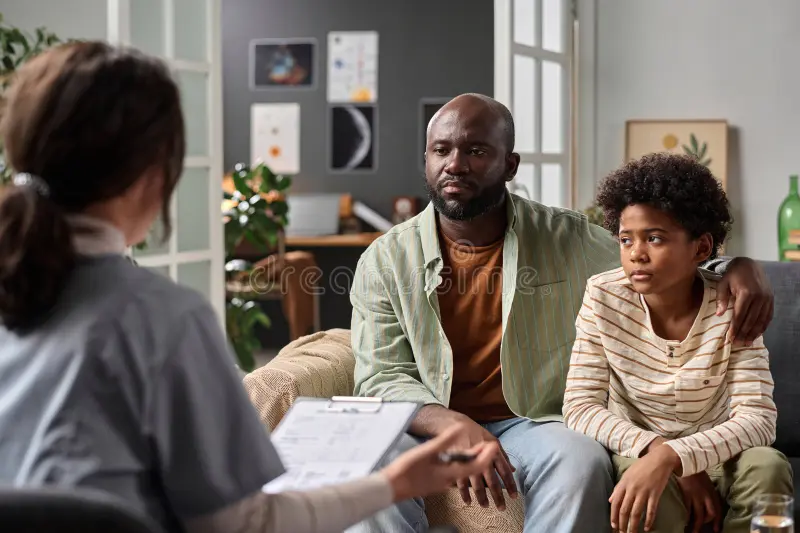24/7 Helpline:
(866) 899-221924/7 Helpline:
(866) 899-2219
Learn more about Bipolar Disorder Treatment centers in El Dorado Springs
Bipolar Disorder Treatment in Other Cities

Other Insurance Options

Highmark

Carleon

Regence

MVP Healthcare

Humana

Access to Recovery (ATR) Voucher

Covered California

Choice Care Network

PHCS Network

Amerigroup

Evernorth

EmblemHealth

Lucent

Meritain

Premera

Kaiser Permanente

WellPoint

Excellus

Optum

Self-pay options

Compass Health Network – El Dorado Springs
Pathways Community Health - West Broadway Street provides mental health and substance use disorder t...





Compass Health Network – SW Missouri Psychiatric Rehabilitation Center
The Compass Health Network (CHN) SW Missouri Psychiatric Rehabilitation Center provides substance ab...

Preferred Family Healthcare – El Dorado Springs
Preferred Family Healthcare – El Dorado Springs is a private rehab located in El Dorado Springs, Mis...


























